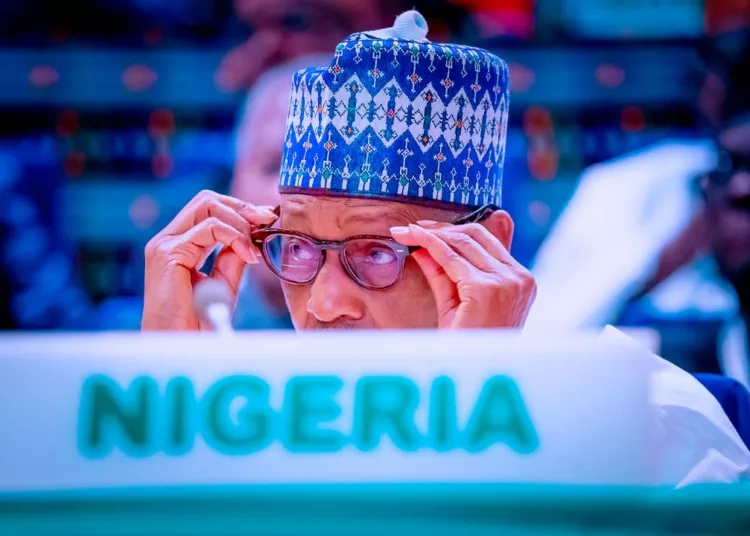Recently, the United States of America (USA) government invited African leaders to what it called U.S.-Africa Leaders’ Summit. It is, on the face value, designed to build on ‘our shared values to better foster new economic engagement, advance peace, security, and good governance, reinforce commitment to democracy, human rights, and civil society.’
The main focus of this hyped summit is, ostensibly, on the future of U.S.-Africa trade and investment relations; building a sustainable future through partnerships to finance African infrastructure and the energy transition; growing agribusiness: partnerships to strengthen food security and value chain as well as advancing digital connectivity: partnerships to enable inclusive growth through technology.
There was also a China – Africa summit aimed at a stronger community with a shared future through win-win cooperation. A similar event, between Africa and France, was scheduled to address new challenges and arrive at a new perspective on the relationship between the European erstwhile colonial overlord and the whole of Africa, so as to offer new generations a new framework for reflection and action. Russia had its own summit which attracted more than 40 presidents, as well as the heads of major regional associations and organisations.
In international relations, most countries adopt policies that drive their own interests. These world powers choose to adopt the treatment of Africa as a collective in their relations with the continent. A continent that is perceived as a supplier of primary raw materials and a bastion of under development. The issue here, we consider it pertinent to point out, is not that these world powers made this insulting move but that the leaders in Africa played along in such subservient tone.
For those world powers, it saves them the headache of visiting each African country separately even as those supposed high-profile visits, when they occur, are few and far between and are undertaken not as state visits by heads of state and or governments but often by a lower cadre operative.
But among most enlightened Africans, opinions are predictably mixed on the relevance of those summits to the challenges that African countries face and the efforts to remedy them. Such summits, expectedly, and because they serve the interest of the World Power hosting it, they attract significant coverage in the international media, though only sometimes featuring Africans’ perspectives on the event, which often zero in on topics of trade, investment, security and governance.
For the avoidance of doubt, this newspaper is by no means against bilateral or multi-lateral relations between these countries and Africa. Actually, such relations should be encouraged among countries separately and as equals instead of what is presently going in a manner that suggests a superior cum inferior unequal relationship.
It must be noted that Africa is not a country and should not be treated as such because at such summits, the tendency is to treat issues as if they are common among the participating African countries. Often the approach to those issues is tailor- made, akin to a cure-all concoction with very scant regard for the peculiarities of the participating nations.
An eminent Nigerian economist, Professor Adebayo Adedeji, in his life time, quarreled with this attitude that was and still is so condescending on the continent. As a United Nations Under-Secretary General and Executive Secretary of Economic Commission for Africa, based in Ethiopia, he joined issues with The Bretton Woods institutions that were recommending the same panacea to the socio-economic challenges confronting the continent at that time. In his opinion, it was only a bad doctor that will recommend the same treatment for all ailments.
If he were to be alive today, perhaps, he would have said the same thing about these fanciful summits that expose more of the under development in Africa and the lack of foresight on the part of their leaders as they fall over themselves to queue up for a handshake with the President of the host government after which they are herded into committee rooms to be addressed by ministers or even officers of lower ranks.
The laughable aspect of such summits is that, in the end, they turn out to be mere jamborees with nothing concrete to show for them. If anything, the world powers hosting the summits will the successful effort as a measure of their influence in the continent or a reflection of the control they have on their leaders. Either way, the joke remains in Africa as a continent with no respectable voice or standing in world economy and politics.
In the opinion of this newspaper, it is time African leaders began to assert themselves on the world stage, resist this tendency to take the continent for jolly rides by imperialists and neo-colonial irredentists and insist on relating with countries, regardless of their might and power, on bilateral basis and as equals.





